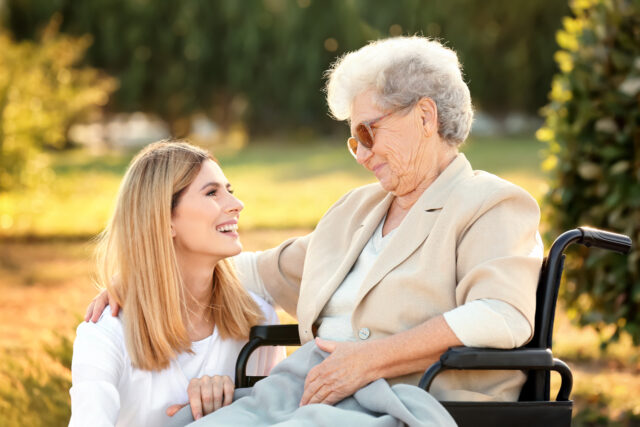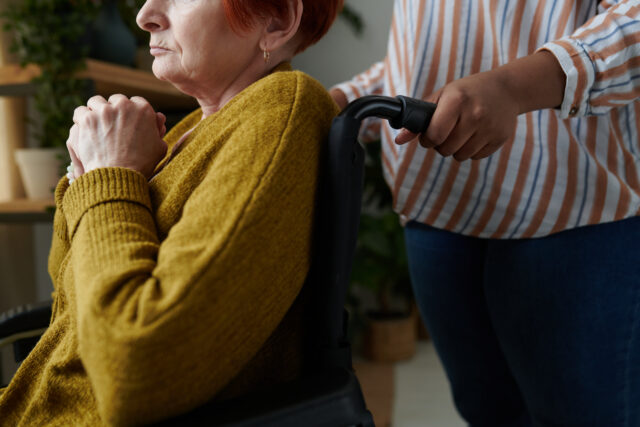
Outsized Caregiving Duties for the Few
The value of the informal care provided to the nation’s elderly, often by adult children, exceeds $500 billion a year – more than double the price tag for the formal care of nursing homes and home health aides.
Only 6 percent of Americans are, at any given time, regularly helping parents who have deteriorating health or disabilities to perform their routine daily activities (and 17 percent will provide this care sometime during their lifetime). But a sliver of the population shoulders an inordinate amount of responsibility.
A study by Gal Wettstein and Alice Zulkarnain of the Center for Retirement Research finds that the
6 percent of adults providing parental care devote an average 77 hours to their duties each month, or roughly the equivalent of a full-time job for two weeks.
And the burden grows as adult offspring get older. They found that 12 percent of 70-year-olds are caring for parents and spend, on average, 95 hours per month doing so, even though they’ve reached an age when they might be developing health issues of their own. This remarkable situation is no doubt a result of both rising life expectancies for the elderly parents and improving health among their offspring, who are also aging but are nevertheless still able to provide care.
The study was based on data from a survey of older Americans that used the standard definition of care, which includes helping seniors with activities of daily living (known as ADLs), such as bathing, eating, and walking across a room, and includes instrumental activities of daily living (IADLs), such as taking medications, cooking, and managing finances.
For the half of seniors over 85 who require this assistance, informal family care is their first choice. Not surprisingly, nearly two-thirds of this care is done by spouses and daughters, especially unmarried daughters. But there are costs, in terms of money and work, as well as time. Caregivers report that they spend more than one-third of their budgets on parental care.
With the oldest baby boomers now entering their 70s, senior care isn’t going to get any easier in the future.
As the researchers point out, boomers have higher rates of divorce. This will likely result in adult children substituting for spousal caregivers, the first line of defense. Second, boomers have fewer children than prior generations – and these children are more likely to be scattered around the country.
It is possible, the researchers said, that “the informal care that boomers will need may not be there.”
Squared Away writer Kim Blanton invites you to follow us on Twitter @SquaredAwayBC. To stay current on our blog, please join our free email list. You’ll receive just one email each week – with links to the two new posts for that week – when you sign up here.






